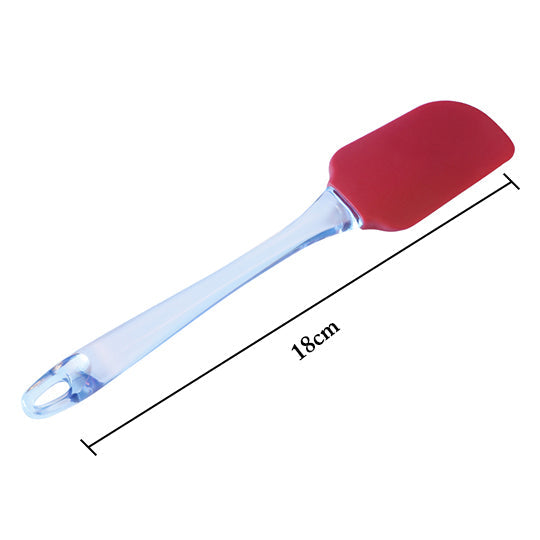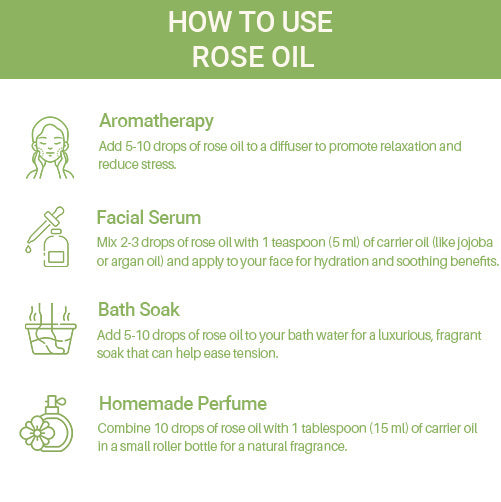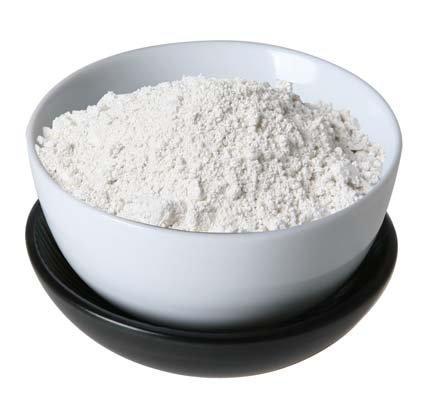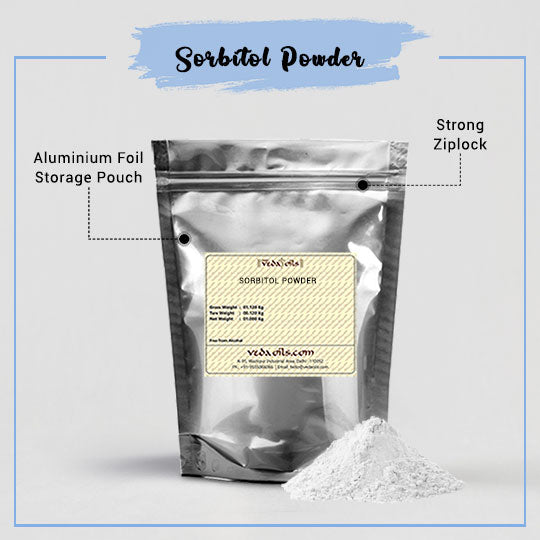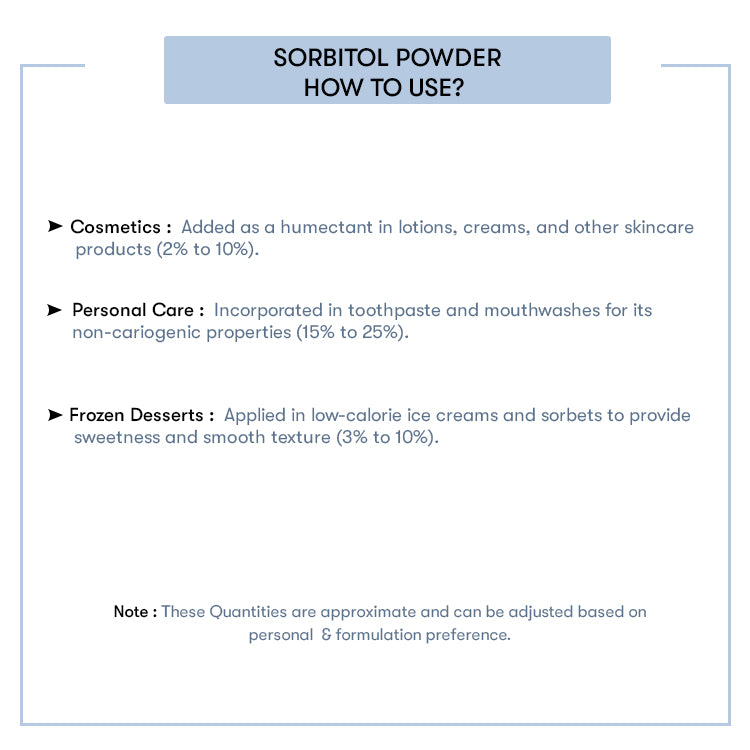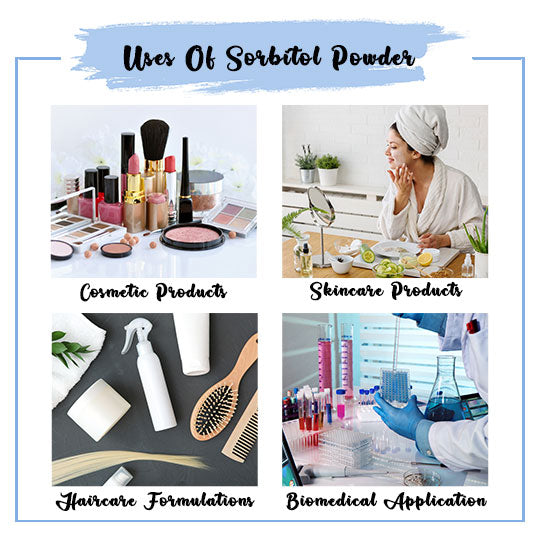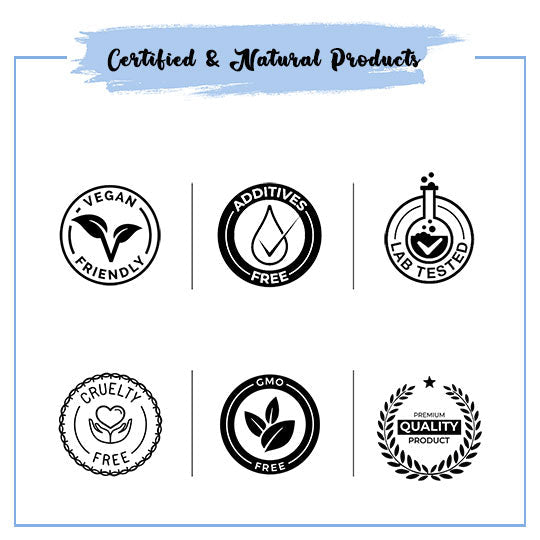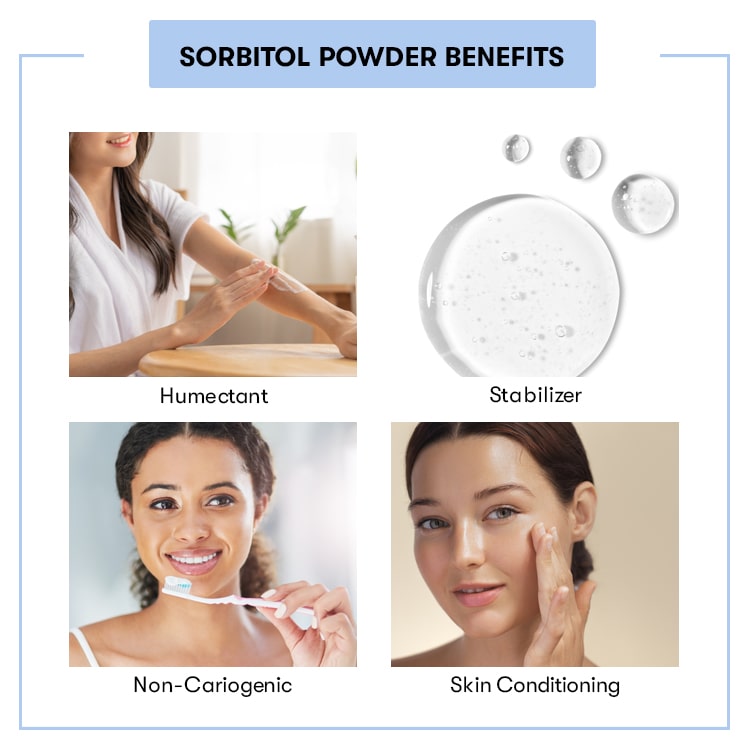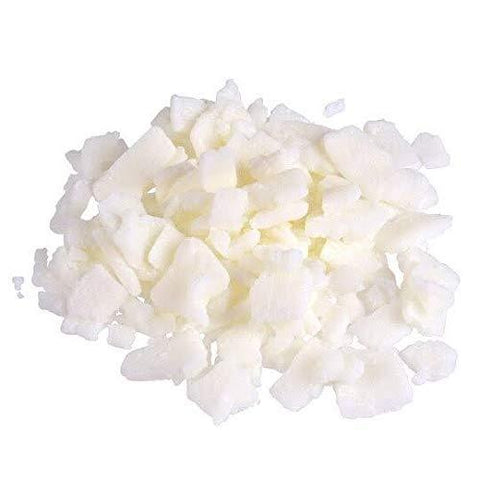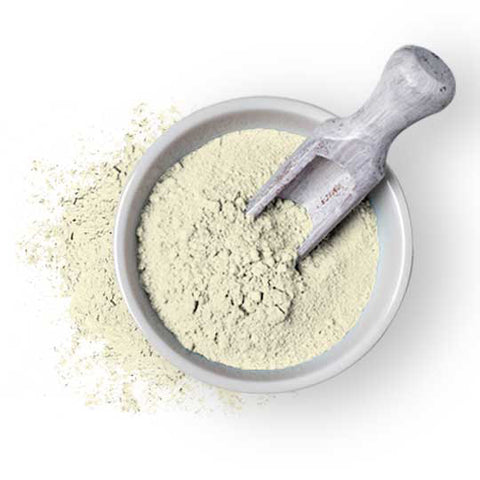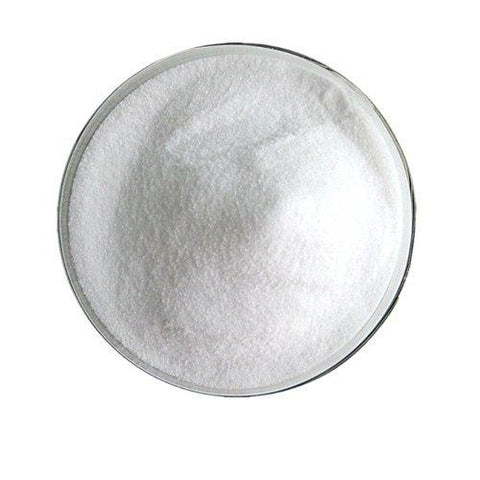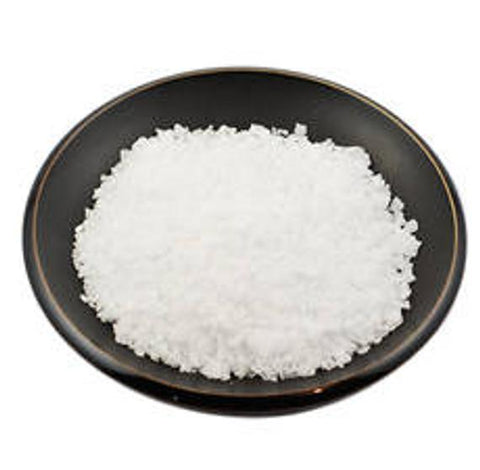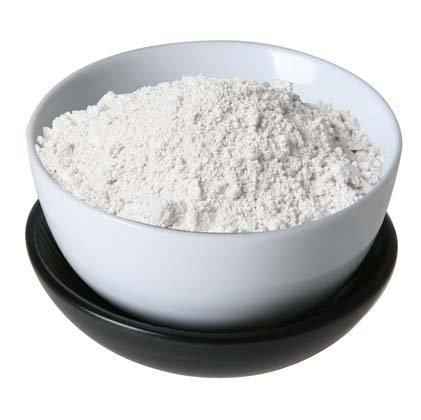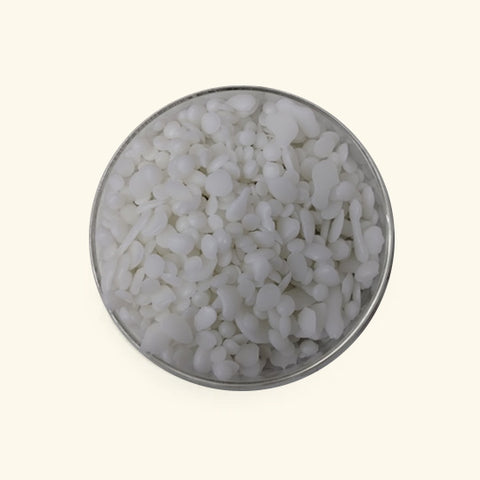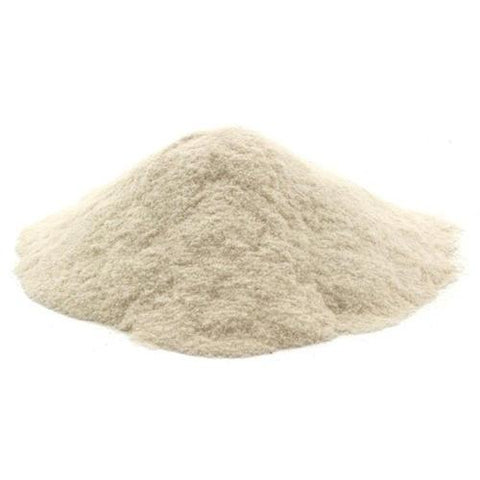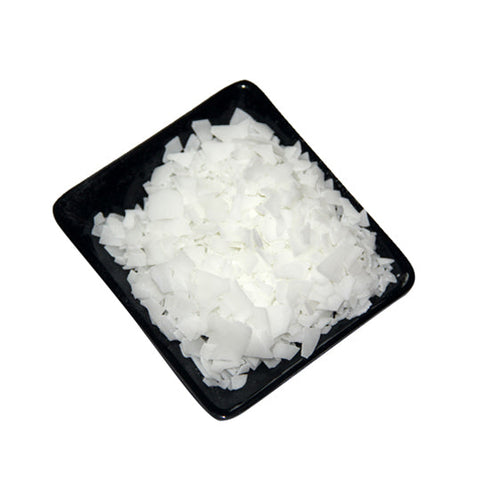Our Certifications
Sorbitol Powder
Sorbitol is one of the popular cosmetic ingredients that is used mostly in personal care and skin care solutions. It is also used in some hair care products and used as a flavoring ingredient in some products due to its sweet taste. Sorbitol is polyhydric alcohol that is retrieved naturally from dextrose i.e. solution of gluten-free wheat. It comprises D-mannitol and D-glucitol both of which are alcohols. Sorbitol Powder has a mild sweet odor and is available in white crystalline form. It can be dissolved in both water and alcohol.
Sorbitol Powder is also sometimes utilized as a humectant moisturizer in lotions, moisturizers, creams, and other skincare products. Sorbitol can also be used as a thickening agent in cosmetic products. It can retain moisture for a long time and therefore, can also be used in gels. Sorbitol is naturally found in many plants and fruits. As it is an excellent humectant, it can also be used as an alternative for glycerin. However, this form is meant only for external application as it is processed with the help of chemical compounds. Therefore, avoid using it in food products at any cost.
Sorbitol Powder Benefits
- Skin Moisturizer: Sorbitol has a moisturizing effect on both hair and skin. It makes your hair smooth, healthy, and thick when used in hair conditioners and masks.
- Repairs the Scalp: It can also moisturize your scalp and prevent dryness. Therefore, it also reduces dandruff and can be used when your hair and scalp are dry.
- Haircare SolutionItchiness of the scalp can also be cured with hair care solutions that contain ample amounts of Sorbitol. It is also used in shampoos on a large scale because of its ability to lock-in moisture.
- Skincare SolutionSorbitol protects your skin and hair from extreme sunlight, pollution, and other external factors. However, it is not recommended to be used when the conditions are extremely dry as it might bring the moisture out of your hair and skin.
- Used in Cosmetics Products: Its capacity to provide a clear and transparent look to solutions makes it one of the key cosmetic ingredients in gels.
- Stabilizing Agent: It remains stable up to 180-degree Celsius and remains unaffected by both acids and alkaline compounds. As a result, it can also be used as a stabilizing agent in cosmetic products.
- Soothing Property: Sorbitol makes your skin smooth and gives it a soft and velvety texture.
How to Use Sorbitol?
There is no need to change its chemical composition or form before using it. However, you need to add when the emulsion is in the water phase. The concentration level should be between 5 to 50%. Moreover, it can only be used for external purposes.
Product Specifications
CAUTION: This product is only meant for external application. Therefore, avoid using it internally, and do not use it if you are suffering from any skin ailments.



